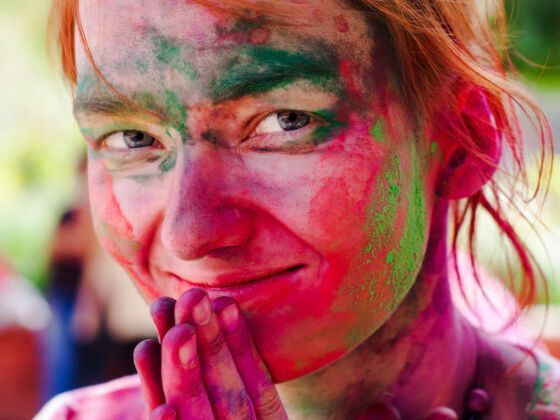1. On average, 93 women are raped every day.
According to the Times of India, 93 women are raped every single day in India — that’s 33,945 per year. This number is steadily increasing year on year and reported rape cases have almost doubled from 585 to 1441 in Delhi in just one year.
Reports of female travellers being groped and touched by men are frequent and it is rare to see local women out and about by themselves.
